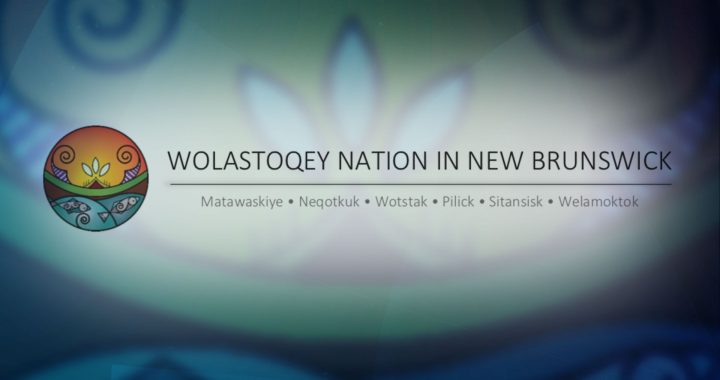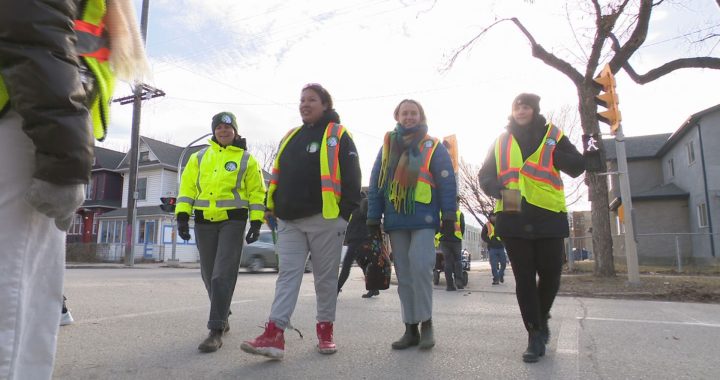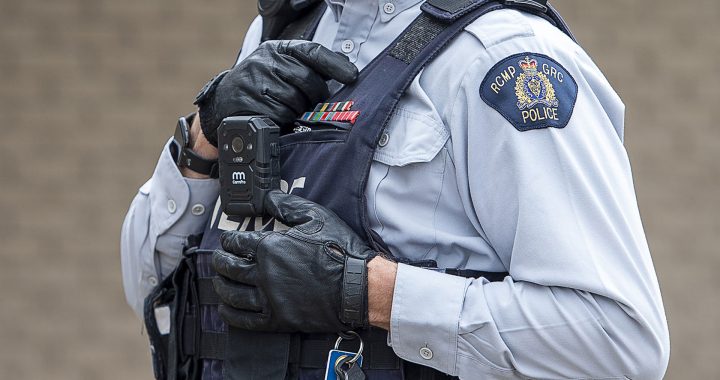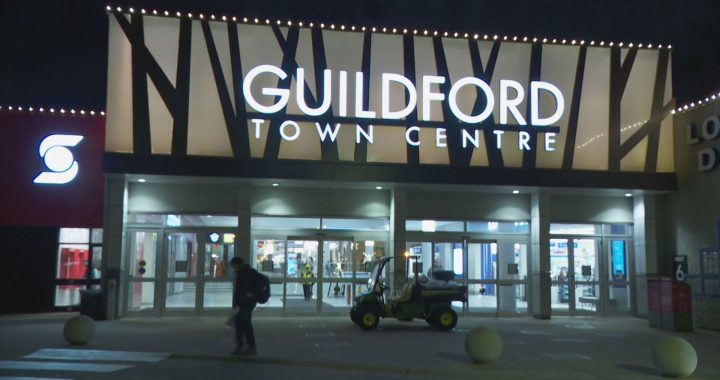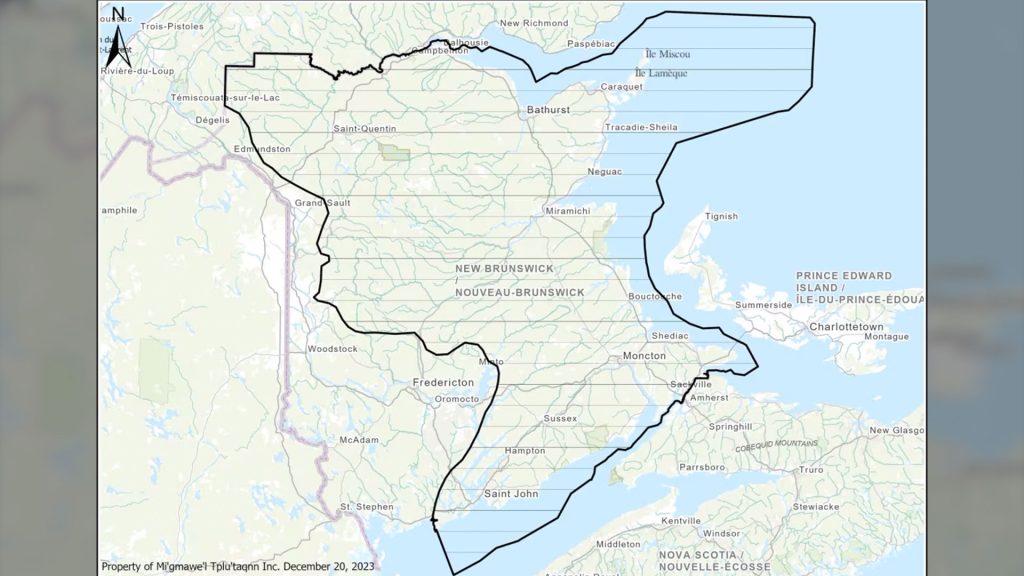
A map of New Brunswick showing a black line around about two thirds of the province. A map shows the area subject to the title claim filed in court Thursday. Photo courtesy: Mi'gmawe'l Tplu'taqnn Inc./Submitted
Eight Mi’gmaq communities in New Brunswick are suing the provincial government wanting Crown lands on their territory transferred to their nations.
According to a press release from Mi’gmawe’l Tplu’taqnn Incorporated, (MTI), a group that advocates and consults with all eight nations, they filed a title claim against the federal and provincial governments on July 25.
The eight communities represented by MTI — Amlamgog (Fort Folly) First Nation, Natoaganeg (Eel Ground) First Nation, Oinpegitjoig (Pabineau) First Nation, Esgenoôpetitj (Burnt Church) First Nation, Tjipõgtõtjg (Buctouche) First Nation, L’nui Menikuk (Indian Island) First Nation, Ugpi’ganjig (Eel River Bar) First Nation and Metepenagiag Mi’kmaq Nation — presented the government documentation and maps showing the unceded, ancestral lands and waters of the Mi’gmaq within the province of New Brunswick, proving their claims to the land.
The filing by MTI is seeking the transfer of leases on Crown land to Mi’qmaq communities and compensation. The chiefs say they are not seeking to take title to private property.
“They (residents of New Brunswick), would continue to own their property, it’s the Crown that we’re going after,” Terry Richardson, chief of Pabineau First Nation, said in an interview. “We’re saying they have a responsibility, legal responsibility, for what they’ve done.”
According to the press release, “The intention was simple, to remind the provincial government the Mi’gmaq never surrendered our title to these lands and waters, and that MTI communities wanted to discuss and negotiate Mi’gmaq title in New Brunswick with the Crown.”
According to the group, while the federal government has indicated their willingness to enter into discussions around Mi’gmaq Title, the provincial government has shown no interest in having any sort of discussion on this topic.
“These have been our lands and waters since time immemorial. Our relationship with these lands and waters is the source of our language, our culture, and our identity,” said Richardson.
“The Peace and Friendship Treaties were signed between nations and never discussed handing over our lands to the Crown. Instead, they dealt with how we could live and work together in peace and friendship and share in the stewardship of the lands and waters in our territory,” said Chief George Ginnish, Chief of Natoaganeg.
“They have a duty, to consult,” said Ginnish. “We’ve never ceded or surrendered ownership of our lands and waters.
“We are going to assert our title, and we’re going to advise the governments, especially the provincial government that if they won’t meaningfully sit down with us then we are going to take this to court.”
Ginnish said the Nations are still willing to negotiate.
“Even the court documents still give New Brunswick time to sit down with us. They will not recognize unceded territory, they will not recognize that we have a stake, not only in the land but in resources, in our waters, in development.”
The defendants listed are the federal and provincial governments, and two Crown corporations that hold land on behalf of the Crown: The Regional Development Corporation and New Brunswick Power.
The communities represented by MTI are seeking compensation for the past over lands in their territory that were taken and used for development without their knowledge or consent.
In addition, they want to share in the decision-making process around future development in their territory.
“Unlike later treaties signed in other parts of Canada, the Peace and Friendship Treaties did not involve First Nations surrendering rights to the lands and resources they had traditionally used and occupied,” said a Crown-Indigenous Relations and Northern Affairs Canada website about the treaties.
Richardson said he hopes that instead of a long and costly court battle, the province will negotiate with the communities.
“We have attempted to negotiate with the province, we waited and waited. Finally, in April, we approached the province and the Premier, Blaine Higgs, we asked him to sit and negotiate with us. That was in April, we never got a response from them,” said Richardson. “We’ve heard nothing back from the province so, we felt we were left no other choice except through litigation.”
In an email to APTN, spokesperson for the premier, David Kelly said, “The Province and the Mi’gmaq did carry on discussions about how to advance their interests outside of Court but unfortunately the Mi’gmaq had pre-conditions to negotiations which they would not waive.
“The Province remains open to and will look for opportunities to have discussions outside of Court which are focused on ensuring any claim is restricted to claims against the Province and the Federal Government.”
But, Richardson said that’s not quite the truth.
“We are still willing to sit with the province and discuss all of this,” he said. “We haven’t closed that door. My community feels like negotiations are the way to go, but at some point, we had to do this.”
Second lawsuit in New Brunswick over territory
This is the second case involving land and territory rights in New Brunswick. In 2021, six Wolastoqey communities filed a title claim for the St. John River watershed and the surrounding area. That case is on-going.
MTI said it recognizes there is overlap between the title areas, and discussions about how to deal with that overlap will continue.
Patricia Bernard, chief of Matawaskiye First Nation told APTN in an earlier interview, “the Peace and Friendship Treaties have been ignored for 200 years it may take decades until the claim is settled.”




